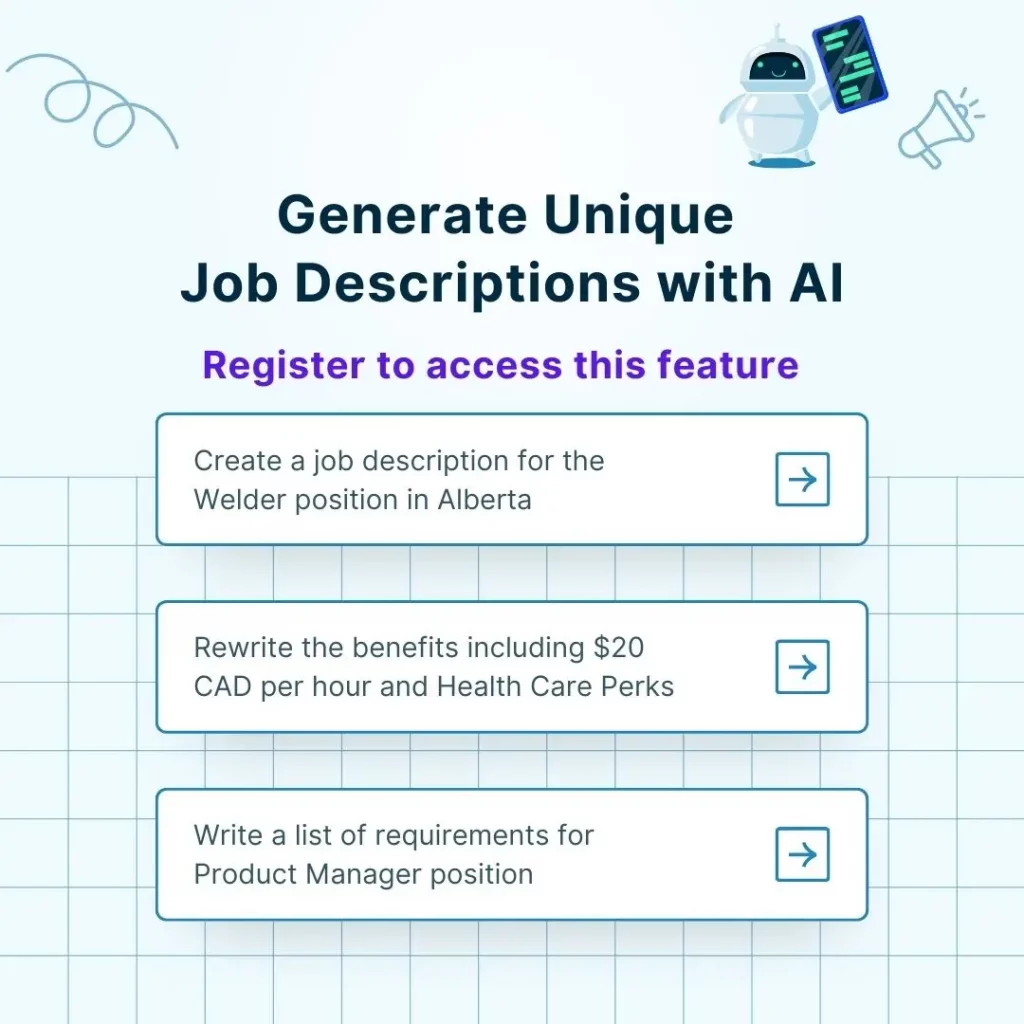NOC Version: NOC 2011
Position Summary for NOC 2147 - Computer engineers (except software engineers and designers)
As a Computer Engineer (NOC 2147), this role involves specialized expertise in hardware engineering, excluding software design and development. Responsibilities encompass the design, testing, and maintenance of computer systems, emphasizing system architecture development and integration. The position requires in-depth knowledge of hardware components, circuitry, and interfaces, with a focus on optimizing performance and reliability across diverse applications and industries in Canada.
Job Titles Specific for NOC 2147 in Canada
- Hardware Engineer
- Computer Systems Engineer
- Embedded Systems Engineer
- Network Systems Engineer
- Computer Hardware Design Engineer
- Hardware Integration Engineer
- FPGA Engineer (Field-Programmable Gate Array)
- Digital Design Engineer
- Computer Architecture Engineer
- PCB (Printed Circuit Board) Design Engineer
Main Responsibilities common for NOC 2147 in Canada
Hardware Design and Development:
- Design and develop computer hardware components, systems, and peripherals according to specifications and requirements.
- Conduct research and analysis to identify hardware solutions that meet performance, reliability, and cost objectives.
- Utilize CAD (Computer-Aided Design) software and other tools to create schematics, layouts, and prototypes.
Testing and Validation:
- Perform testing and validation of hardware designs to ensure functionality, compatibility, and compliance with industry standards.
- Develop and execute test plans, procedures, and protocols to verify hardware performance and reliability under various operating conditions.
- Analyze test results, identify issues, and implement corrective actions or design modifications as needed.
Hardware Integration:
- Integrate hardware components and subsystems into larger computer systems or products, ensuring compatibility and functionality.
- Collaborate with software engineers and other stakeholders to facilitate hardware-software integration and system optimization.
- Conduct compatibility testing and troubleshooting to resolve integration issues and ensure seamless operation.
System Architecture Design:
- Design and optimize computer system architectures, including CPU (Central Processing Unit), memory, storage, and input/output interfaces.
- Evaluate and select hardware components and technologies to meet performance, power consumption, and scalability requirements.
- Develop system-level specifications, diagrams, and documentation to guide hardware design and implementation.
Performance Optimization:
- Identify opportunities to improve hardware performance, efficiency, and reliability through design enhancements and optimizations.
- Implement techniques such as parallel processing, pipelining, and caching to maximize system throughput and responsiveness.
- Collaborate with cross-functional teams to optimize hardware-software interactions and achieve overall system performance goals.
Quality Assurance and Compliance:
- Ensure hardware designs comply with relevant industry standards, regulatory requirements, and quality assurance processes.
- Conduct design reviews, audits, and inspections to assess adherence to design specifications, safety standards, and best practices.
- Document design changes, issues, and resolutions to maintain comprehensive records and facilitate traceability.
Technical Support and Troubleshooting:
- Provide technical support and troubleshooting assistance for hardware-related issues, both during development and post-production.
- Collaborate with customer support teams to diagnose hardware problems, identify root causes, and implement corrective actions.
- Develop and deliver training materials and documentation to support end-users and service technicians in hardware operation and maintenance.
Job Requirements for NOC 2147 in Canada
Education:
- Bachelor’s degree in electrical engineering, computer engineering, or a related field. Advanced degrees such as a Master’s or Ph.D. may be preferred for senior roles.
Experience:
- Minimum of 3-5 years of experience in hardware design, development, and testing, preferably in a related industry or domain.
- Proven track record of successfully designing and implementing hardware solutions, including system architecture design and integration.
Technical Skills:
- Proficiency in hardware design tools and software, such as CAD (Computer-Aided Design) software, simulation tools, and FPGA (Field-Programmable Gate Array) development platforms.
- Strong knowledge of digital and analog circuit design principles, including PCB (Printed Circuit Board) layout and routing techniques.
- Familiarity with hardware description languages (HDLs) such as Verilog or VHDL, as well as simulation and verification methodologies.
System-level Understanding:
- Solid understanding of computer system architecture, including CPU, memory hierarchy, storage subsystems, and input/output interfaces.
- Knowledge of industry-standard interfaces and protocols, such as PCIe, USB, SATA, and Ethernet.
Problem-Solving Skills:
- Strong analytical and problem-solving abilities with the capacity to diagnose complex hardware issues and propose effective solutions.
- Ability to work independently and collaboratively in a cross-functional team environment, effectively managing multiple priorities and deadlines.
Communication Skills:
- Excellent verbal and written communication skills with the ability to convey technical concepts and ideas to diverse audiences, including non-technical stakeholders.
- Experience collaborating with cross-functional teams, including software engineers, product managers, and quality assurance engineers.
Attention to Detail:
- High attention to detail and accuracy in design documentation, including schematics, specifications, and test plans.
- Ability to review and analyze technical documentation, standards, and specifications to ensure compliance and adherence to best practices.
Adaptability and Learning Agility:
- Flexibility to adapt to evolving technologies, industry trends, and project requirements within the dynamic field of computer engineering.
- Commitment to continuous learning and professional development, including staying updated on emerging hardware technologies, tools, and methodologies.
Quality Focus:
- Commitment to quality assurance principles and practices, with a focus on delivering reliable, high-performance hardware solutions that meet or exceed customer expectations.
- Experience implementing quality assurance processes, standards, and methodologies to ensure consistent and predictable hardware performance and reliability.
Median Hourly Wages by Provinces
Median Hourly Wages (as of November 2023):
- Overall Canada: CA$31.00 per hour
Provinces:
- Alberta: CA$33.00 per hour
- British Columbia: CA$32.00 per hour
- Manitoba: CA$30.00 per hour
- New Brunswick: CA$29.00 per hour
- Newfoundland and Labrador: CA$31.00 per hour
- Nova Scotia: CA$29.50 per hour
- Ontario: CA$32.50 per hour
- Prince Edward Island: CA$28.50 per hour
- Quebec: CA$30.50 per hour
- Saskatchewan: CA$31.50 per hour


